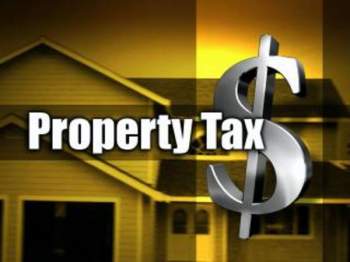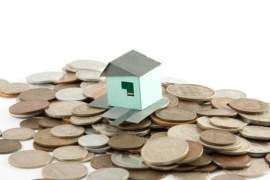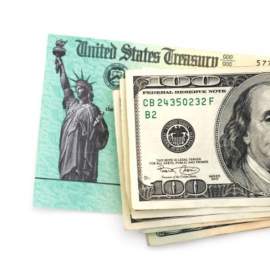
Property Taxes in New York

New York State has the highest municipal taxes in America. Local governments in New York, possess a property tax rate 79% above the national average. As property values proportionately increased, the property tax rates during the mid 90's swelled to astronomical rates. The majority percentage of local taxes in New York stem from the state's soaring property tax rate.
Over the past 30 years, property tax rates in New York commonly rose at twice the rate of inflation and salary growth. To ease the tension of increasing property tax rates, and create a lifeline for landowners, the institution of an effective property tax cap has been fiercely discussed by Governor Patterson in the past few months. The property tax cap, which was passed in 2008, but later revised, aimed to limit the amount to which property tax rates can rise annually. A property tax cap would ensure land owners in the state that their annual payments would not drastically increase.
New York State is home to nine of the top 10 counties in America in regards to highest property taxes. The hefty fees placed on landowners in New York has caused many individuals, families, and businesses to move elsewhere. Just recently Governor Paterson spoke about the need for an effective property tax cap, and illustrated his concern over high property tax rates.
"The growth rate of property taxes in this state is unsustainable, especially for the elderly, working families and small businesses just starting out,” Governor Paterson said. “All of us understand that the cap is a blunt instrument, but it is needed to force hard choices and to address the fact that New York’s local tax burden is the highest in the nation."
Sixty-Two percent of New York's property taxes are administered and levied by school districts. Despite substantial increases in state aid for education, school property taxes continue to swell beyond what most property owners cannot afford. The first and most pressing issue concerning Governor Patterson's new legislation on property tax rates, aims to limit the annual increase of school property taxes. Under Paterson's cap, the amount of taxes to be collected by a school district will be limited between the lesser of 4% annually or 120% of the annual CPI.
The CPI, or consumer price index is an economic tool used to measure the rate of inflation. Therefore, under Paterson's legislation, if inflation were over 3.33% a 4% cap would be instituted; if inflation is under that level than the CPI would be multiplied by 120% to find the cap.
If a school district or community is struggling with money the town members have a right to increase the cap or terminate it through a town vote. This piece of legislation aims to restrain tax property growth, and limit annual increases so rates lower to a more manageable level.
In March of 2100, Governor Paterson expanded on the property tax cap legislation that was instituted in 2009. The previous tax cap only focused on school district's levies. Granted, property taxes levied by school districts accounted for the majority of revenues, but this new proposal places a limit on all property tax growth.
Like school district tax levies, the local government's tax levies will now be limited to annual increase by the lesser of 4% or 120% of the CPI. This bill aims to provide relief for all taxpayers, and impose fiscal discipline on the local governments of counties, cities, and towns throughout the state.



















